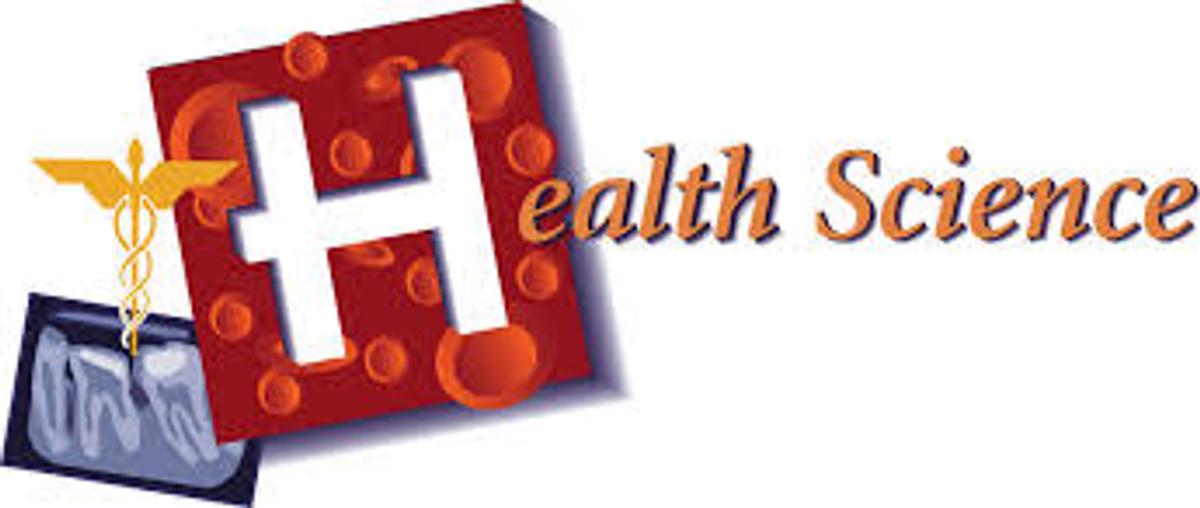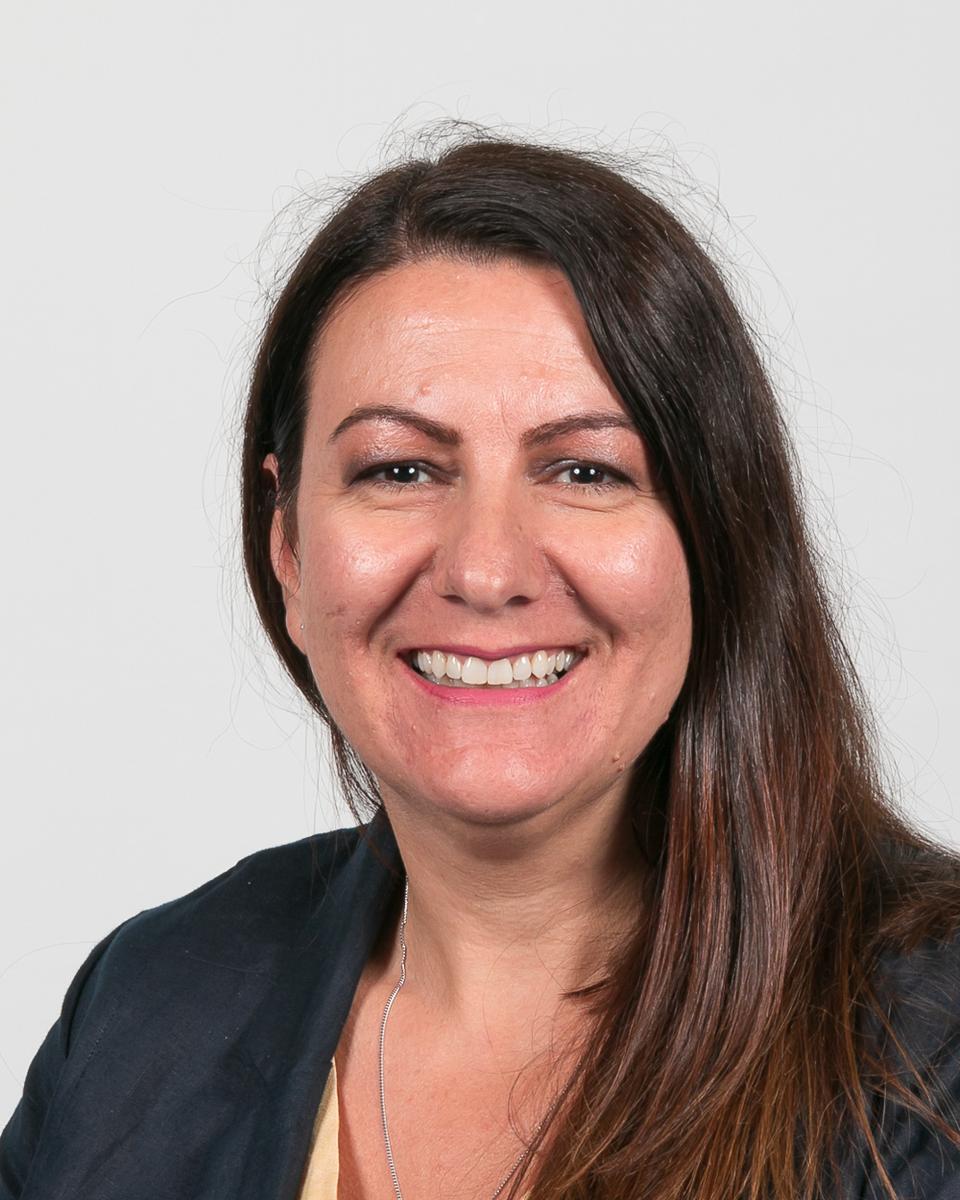Careers and Pathways

Welcome to Term 2 Remote Learning
Even though school starts again this week, things aren’t quite the same as they were particularly for our Year 12 students. Below is a list of latest changes happening now, announcements and links to VTAC and the various Victorian Universities in regards to their response on COVID-19 and the 2021 tertiary study selection cycle.
The Victorian Education Minister announced the following adjustments to the delivery of the VCE:
- The GAT test will move from June to October or November.
- End-of-year exams will be postponed until at least December.
- School-based assessment tasks will be reduced where possible to relieve some pressure on students as they move to remote and flexible learning arrangements.
- Universities will be asked to delay the start of the 2021 university year to account for impacts of coronavirus on senior secondary students.
He has also stressed that every student will still be able to receive their ATAR and VCE this year, and that they are working closely with universities and VTAC to ensure entry in 2021 is still going ahead.
You can read up on the latest announcements from the Premier here: https://www.premier.vic.gov.au/victorian-students-to-learn-from-home-as-vce-timelines-revised/
Follow announcements and changes from VTAC here: http://vtac.edu.au/update-covid-19.html
Individual universities are also regularly updating information regarding coronavirus and study.
Check out the links below for each university:
| Australian Catholic University | www.acu.edu.au/about-acu/news/2020/january/coronavirus-update/coronavirus-fact-sheet |
| Deakin University | www.deakin.edu.au/covid-19-updates |
| La Trobe University | www.latrobe.edu.au/about/novel-coronavirus |
| Monash University | www.monash.edu/news/coronavirus-updates |
| RMIT | www.rmit.edu.au/news/alerts/coronavirus |
| Swinburne University | www.swinburne.edu.au/alerts/coronavirus/future-student/ |
| University of Melbourne | www.unimelb.edu.au/coronavirus |
| Victoria University | https://www.vu.edu.au/about-vu/news-events/news/coronavirus-covid-19-faqs/future-students-at-vu-coronavirus-covid-19-faqs |
Monash University 2021 Course Guide
Thinking of studying at Monash in 2021? Monash University have released their undergraduate course guide, packed with information about courses, pathways, scholarships and more.
Take a Tour of Monash University’s Biomedical Learning and Teaching Building
Take a virtual tour of the new Biomedical Learning and Teaching Building, located at Monash University’s Clayton campus. Follow third-year Bachelor of Biomedical Science student, Jeremy, and step inside Monash’s innovative Centre for Human Anatomy Education, teaching laboratories and see a physiology class in action.
Outdoor Education no longer offered at Monash University
From 2020, outdoor education will no longer be offered within the Bachelor of Education (Honours) at Monash University.
If you are passionate about health and physical education (HPE), the Monash University Primary and Secondary HPE and Secondary HPE specialisations will qualify you to teach in a range of school, community, recreational and sporting settings.
Students who don't achieve the ATAR needed may be able to study the Diploma of Tertiary Studies as a pathway.
Career as an Organisational Psychologist
The Australian Psychological Society (APS) states that an Organisational Psychologist has knowledge in a range of areas including –
- Recruitment and selection of employees
- Learning and development of staff
- Leadership and talent management within a company
- Coaching, mentoring and career development of employees
- Measuring employee opinions and other workplace research
- Wellbeing, stress and work-life balance of employees
There are many courses being offered to students to study psychology, and it is important to choose a psychology degree that is accredited by the Australian Psychology Accreditation Council (APAC), as only graduates of APAC-accredited courses are eligible to register to practise as a psychologist.
Find out more at APAC Accredited Psychology Programs in Australia
Psychiatrists and Psychologists: What's the Difference?
According to the Your Health in Mind website, there are three main differences between psychiatrists and psychologists:
- Psychiatrists are medical doctors, psychologists are not.
- Psychiatrists prescribe medication, psychologists can't.
- Psychiatrists diagnose illness, manage treatment and provide a range of therapies for complex and serious mental illness. Psychologists focus on providing psychotherapy (talk therapy) to help patients.
It would seem many people get psychiatrists and psychologists confused with each other.
Both psychiatrists and psychologists understand how the brain works, our emotions, feelings and thoughts. Both can treat mental illness with psychological treatments (talking therapies).
However, psychiatrists attend medical school and become medical doctors before doing specialist training in mental health. Because they are doctors, psychiatrists understand the links between mental and physical problems. They can also prescribe medications.
Further information can be found at Your Health in Mind
Allied Health Careers
- Audiology
Audiology is a health care profession involved in assessing, managing and rehabilitating hearing loss and balance disorders. So, audiologists are responsible for the non-medical management and rehabilitation of hearing loss and associated disorders of communication. Audiology is a rapidly growing profession and qualified audiologists are in high demand both locally and internationally. To become an audiologist students usually have to study a biomedicine, biological science, health science or a related field at university, followed by a postgraduate qualification in audiology.
In Victoria, two universities offer a Master of Clinical Audiology:
- La Trobe University – Master of Clinical Audiology
- University of Melbourne – Master of Clinical Audiology
- Orthoptics
Orthoptists are eye care professionals. They specialise in detecting, diagnosing and treating vision and eye disorders. To become an orthoptist, a student usually has to study orthoptic or ophthalmic science at university.
In Victoria, La Trobe University offers the Bachelor of Orthoptics (Honours)
- Podiatry
Podiatrists look after the health of people's feet by diagnosing, treating, and preventing foot abnormalities, and educating the public about good foot health. Undergraduate courses in podiatry are offered by two universities in Victoria:
Health Science Degrees in Victoria in 2020
Are your strengths in health? Are you interested in how the body works?
Below is a list of many health science degrees offered at Victorian Universities that lead to very diverse career opportunities. For a comprehensive list of health sciences courses, including double degrees, on offer at both TAFEs and universities, visit VTAC.
INSTITUTION | COURSE | VCE PREREQUISITES | MAJOR STUDIES IN 2020 |
CHARLES STURT | Health and Rehabilitation Science | n/a, but ATAR is used as part of selection | Health sciences, Human biology, Rehabilitation. |
DEAKIN | Health Sciences | Units 3 and 4: a study score of at least 30 in English (EAL) or at least 25 in English other than EAL. | Disability and inclusion, Environmental health, Exercise science, Family, society and health, Food studies, Health and sustainability, Health promotion, Medical biotechnology, Nutrition, Physical activity and health, Psychological science, Psychology for professional Development. |
FEDERATION | Health Sciences | Units 3 and 4: a study score of at least 20 in any English. | Health Promotion |
LA TROBE | Health Sciences | Units 3 and 4: a study score of at least 30 in English (EAL) or at least 25 in English other than EAL; Units 3 and 4: a study score of at least 20 in one of Biology, Chemistry, any Mathematics, Physical Education or Physics. | Health and sustainability, Health promotion, Human physiology and anatomy, Public health, Rehabilitation counselling, Sports counselling & athlete welfare. |
MONASH | Health Sciences | Units 3 and 4: a study score of at least 30 in English (EAL) or at least 25 in English other than EAL. | Anatomy, Biostatistics, Epidemiology, Forensic medicine, Global Health, Health and Human Development, Health promotion, Health sciences, Healthcare, Human health, Physiology, Public health, Social sciences. |
RMIT | Health Sciences (Associate Degree) | Units 3 and 4: a study score of at least 25 in English (EAL) or at least 20 in English other than EAL. | Health and Nutrition, Understanding the Psychology of Health and Exercise in Health, Human Biology and Understanding disease processes and treatment., Law and Ethics in Health and Healthcare in Australia, Project Management in Health and Health; Industry Project and Practice. |
SWINBURNE | Health Science(3-year degree) | Units 3 and 4: a study score of at least 30 in English (EAL) or at least 25 in English other than EAL. | Biomedical science, Clinical technologies, Digital health and informatics, Health promotion, Neuroscience, Nutrition, Psychology and forensic science, Psychology and psychophysiology. |
| Health Science (Professional) (4-year degree paid work placement) | Units 3 and 4: a study score of at least 30 in English (EAL) or at least 25 in English other than EAL. | Biomedical science, Clinical technologies, Digital health and informatics, Health promotion, Neuroscience, Nutrition, Psychology and forensic science , Psychology and psychophysiology. | |
VICTORIA | Health Science | Units 3 and 4: a study score of at least 25 in English (EAL) or at least 20 in English other than EAL. | Indigenous health, Public health. |
Mrs Vivian Seremetis
Careers Coordinator






